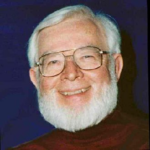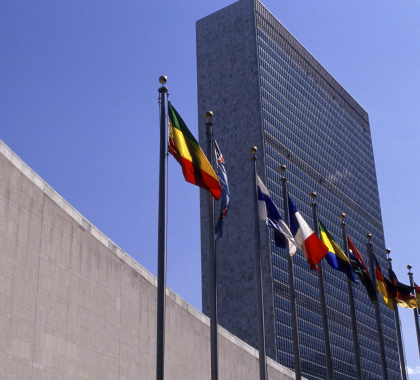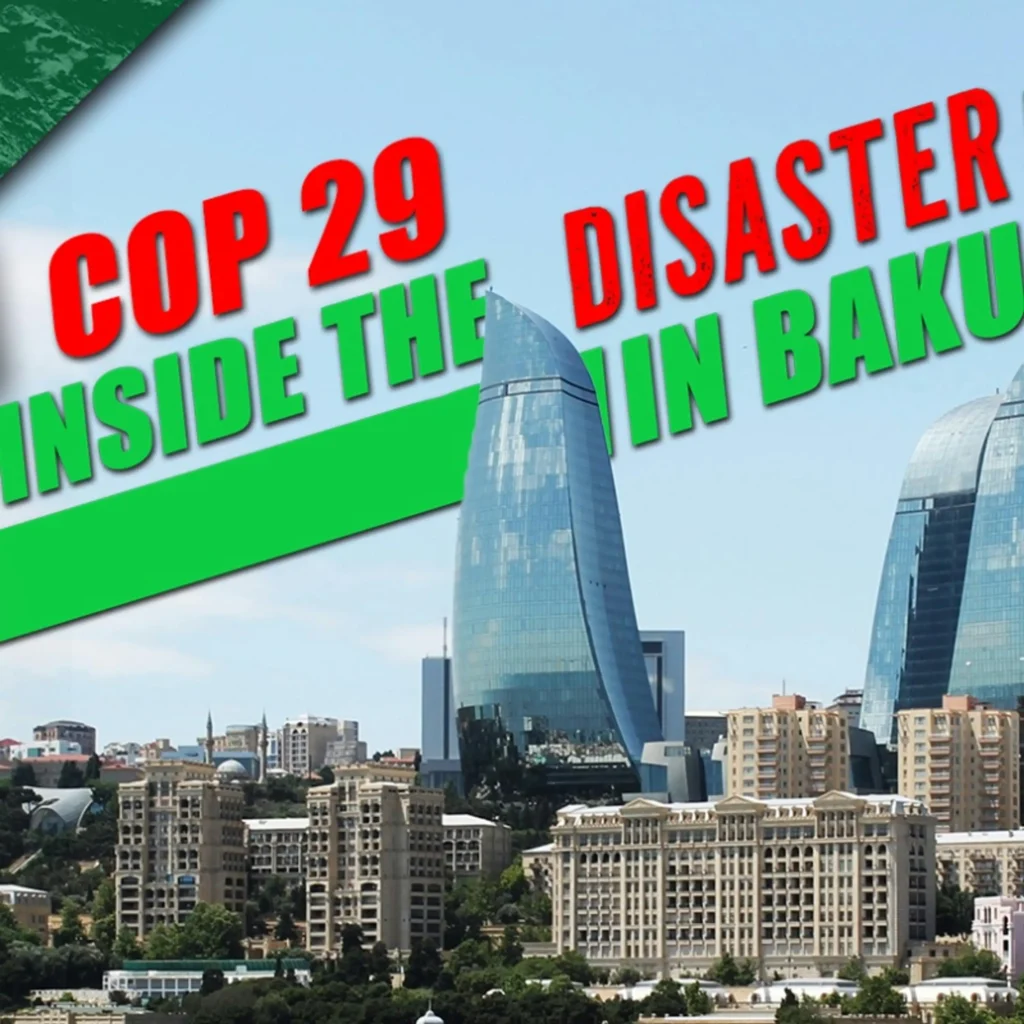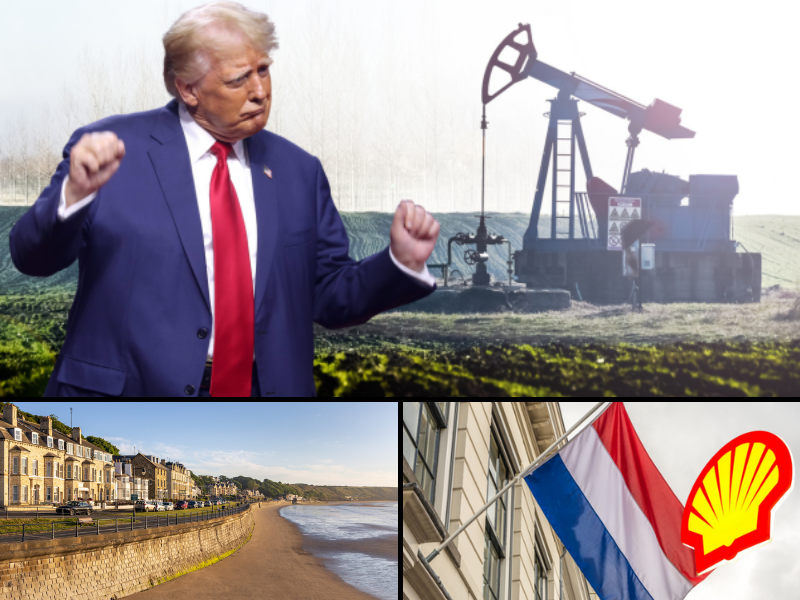USCAN is an affiliate of the Climate Action Network International (CANI), a worldwide network headquartered in Bonn, Germany. CANI was founded in 1989, one year after the U.N. Environment Program and the World Meteorological Organization were created by the U.N. Intergovernmental Panel on Climate Change (IPCC).
CANI is comprised of more than 900 climate-activist groups or non-governmental organizations (NGOs) and is active in about 100 countries. At the end of 2015, USCAN was made up of 88 NGO groups.
CANI and the United Nations
CANI’s founders, including Michael Oppenheimer, senior scientist with the Environmental Defense Fund, are European and U.S. scientists who attended a U.N.-sponsored climate conference held in Villach, Austria in October, 1985. The conference was designed to tackle whether climate concern could be leveraged to create global government action.
The Villach conference’s activist scientists worked for several years to persuade key U.S. officials to back the IPCC concept. It became clear by the time IPCC’s “First Assessment” was due in 1990 IPCC would require an outside coordinating committee to develop a joint strategy diverse global groups could campaign with to reach their goal of “leveraging government action worldwide.” After the U.N. Framework Convention on Climate Change became a reality, CANI was formed to inform and encourage the development of a binding international climate treaty.
CANI was initially designed to be a temporary project, but because funding would only continue as long as CANI remained operative, the group transitioned into a policy and activism network, publishing papers and reports in the wake of the Convention, such as Climate Change: A Reader’s Guide to the IPCC Report, published in 1990 by Greenpeace-United Kingdom. This and other publications attracted donors to CANI.
Initially, only organizations from certain European nations and the United States were included in CANI, but CANI now has 10 regional networks and 10 national networks that include groups from all over the globe. Many of the 900 organizations included in the network have received funding and support from powerful government bodies, including the European Commission and the Belgian Environment Ministry.
USCAN is directed by a 21-member board of directors that is comprised entirely of officials from wealthy far-Left environmental groups, including Greenpeace, Union of Concerned Scientists, Center for Biological Diversity, Sierra Club, and the Natural Resources Defense Council.
USCAN’s six-member staff members have unremarkable backgrounds, except for Keya Chatterjee, who serves as executive director. Chatterjee worked for the World Wide Fund for Nature for eight years after serving in climate-related positions at the U.S. Agency for International Development and the National Aeronautics and Space Administration.
USCAN and CANI operate full-time programs that are designed to influence global policy on climate change. Both organizations have close ties with U.N. delegates and communicate privately with U.N. leadership. They are most active during the United Nations’ Conference of the Parties (COP) meetings, which are attended by nations taking part in various U.N. climate negotiations and agreements, and PrepCons, which are preparatory conferences held prior to COP meetings. During these important meetings, CANI concentrates on convincing U.N. negotiators and the public to support its calls for draconian climate change policy reforms.
Since CANI was founded, network members have gained unprecedented access to U.N. leaders, and during pre-COP and COP meetings, CANI activists send a daily newsletter, titled ECO, to all diplomatic delegates and the media and have full access to U.N. facilities closed to all other NGOs.
Labor Provisions in Paris Climate Agreement
CANI played an influential role at the 2015 COP21 meeting in Paris, France. At a U.N.-sanctioned CANI panel discussion and press briefing, speakers discussed getting human rights and labor provisions embedded in the Paris climate agreement. This was especially controversial because no similar provisions have ever been contained within previous climate agreements or treaties.
One panel speaker, Kelly Stone, a senior policy analyst at ActionAid, a far-Left activist group, said language in any formal climate agreement emerging from the COP21 talks would include specific language regarding human rights, gender equality, and a “just transition to quality jobs in the workforce.”
The CANI panel proved prescient; the Paris agreement contained provisions stating parties to the agreement should, when addressing climate change, respect and promote human rights, gender equality, the empowerment of women, and should account for “a just transition of the workforce and the creation of decent work, and quality jobs.”
Despite the fact this later provision was in the preamble to the Paris agreement, rather than as a provision contained in its operational language, it was enough to help build support of the Paris agreement with the AFL-CIO, America’s labor power house, which issued a statement calling the agreement “a landmark achievement in international cooperation.”
AFL-CIO’s approval of the Paris agreement was a clear break from the way it and other labor unions viewed climate change agreements in the past. Worried about the impacts greenhouse-gas emissions restrictions would have on workers, AFL-CIO opposed the Kyoto climate agreement and refused to endorse any subsequent climate agreement—until the COP21 agreement was approved in Paris.
Eject, Arrest ‘Climate Criminals’
CANI called for the United Nations to eject all skeptics from the Paris talks, but CANI was unsuccessful because many of the skeptic groups had held for years the proper credentials issued by the U.N. Economic and Social Council, the agency that grants credentials to participate in COP events.
In response to a COP21 counter climate conference held at the Hotel California in Paris by The Heartland Institute, which publishes Environment & Climate News, CANI activists pasted “Wanted” posters outside Paris’ luxury hotels, falsely accusing skeptics of “having ties to the fossil fuel industry” and calling them “climate change criminals.”
CANI produced and distributed the posters with the help of New York City-based Left-wing organization Avaaz, a nonprofit group that arranges direct-action events, such as protests, petition signings, and meetings to lobby public officials.
Avaaz, which had organized hundreds of thousands of people worldwide to march in their home locations in favor of a strong climate agreement during the Paris negotiations, printed more than 1,000 “Wanted” posters overnight, and CANI activists posted them. Avaaz volunteers also helped CANI by passing out fliers featuring climate change skeptics’ photos, which appeared alongside text that read “Criminal Wanted.” The fliers were placed in metro stations near the conference. CANI and Avaaz activists also blocked entrances to various events while handing out the “Wanted” posters. Paris Security Forces had to remove Avaaz members from several locations while the conference was being held.
An ‘Exercise in Silliness’
The New York Times ridiculed the “Wanted” posters, calling them a “[s]tunt by environmental activists target[ing] climate doubters.”
Concerning the wanted posters and the protests, the Times quoted Emma Ruby-Sachs, acting executive director of Avaaz, who told the newspaper, “These lobbyists have come to Paris to sabotage a global deal for ambitious climate action. Ministers must listen to their people, not polluters, and refuse meetings with climate criminals who want to derail a deal the whole world wants.”
The Times asked each of the seven climate skeptics who appeared on the wanted posters for comment.
Marc Morano, executive editor of the climate news site Climate Depot and one of the seven individuals who appeared on the posters, responded, “The posters are an exercise in silliness. Climate skeptics are here promoting open debate and arguing to allow dissent. The idea that any alternative views amount to a ‘criminal’ perspective is obscene.”
CANI’s actions did not prevent Morano from premiering his film Climate Hustle to a packed theater at the historic Cinéma du Panthéon. The publicity generated by the protests may have even contributed to the large crowd.
James M. Taylor, who was at the time a senior fellow at The Heartland Institute and is now president of the Spark of Freedom Foundation, was also targeted by the wanted posters. Taylor says the posters are an example of “vitriol” and “harassment.”
“It is a shame that people must experience such vitriol and harassment when they make scientific arguments supported by scientific data,” said Taylor. “If such attacks must be made, however, I am glad it was my face that appeared on their posters. I will always be proud to stand up for free and open discourse and ultimate truth.”
Following the Big-Green Money Trail
From 2006 through 2014, USCAN has received 236 grants from 54 foundations. Together, the grants are worth more than $13.7 million.
Most donors are members of the Environmental Grantmakers Association, a planning and organizing cartel for environmental foundations. Leading the way in donations given to USCAN is the Sea Change Foundation, which gave $3.6 million by the end of 2014, and the Energy Foundation, which gave $2.5 million. The Rockefeller Brothers Fund and the Rockefeller Family Fund gave a combined $1.1 million to USCAN.
The donations given directly to USCAN only describe a small part of its funding and influence. Combined, USCAN-affiliated NGOs had an income of roughly $1.4 billion at the end of the 2014 Internal Revenue Service (IRS) tax-filing deadline, according to research provided by Robert Brulle in Changing Climate Politics: U.S. Policies and Civic Action.
More than 20 groups joined USCAN in the run up to the Paris climate talks in 2015, so its influence, wealth, and power have grown since Brulle’s research was conducted.
USCAN directly controls over $1 million in assets, according to 2014 IRS reporting data, and it had an income topping $2.1 million in 2014.
USCAN and CANI should be monitored closely by those concerned about the transparency and substance of global climate agreements, especially since they have enjoyed unique access to some of the world’s powerful politicians.
Ron Arnold ([email protected]) is a free-enterprise activist, author, and commentator.





